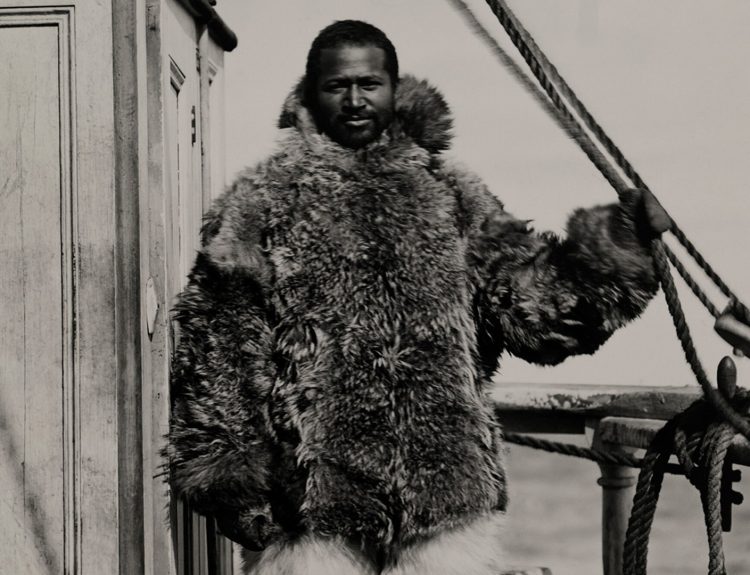A new bill proposed in the Senate threatens to impact several ultra-conservative organizations. Members and leaders of the United Daughters of the Confederacy and other Confederate organizations risk losing the tax breaks they’ve enjoyed for so long. Let’s examine what’s likely to happen as a result.
Virginia Senate Stripping Some Organizations of Tax-Free Status
Virginia is moving to ensure that there is more fairness in the state. Under a new Senate bill that was recently approved, some organizations, such as United Daughters of the Confederacy, will be required to pay taxes on their property.
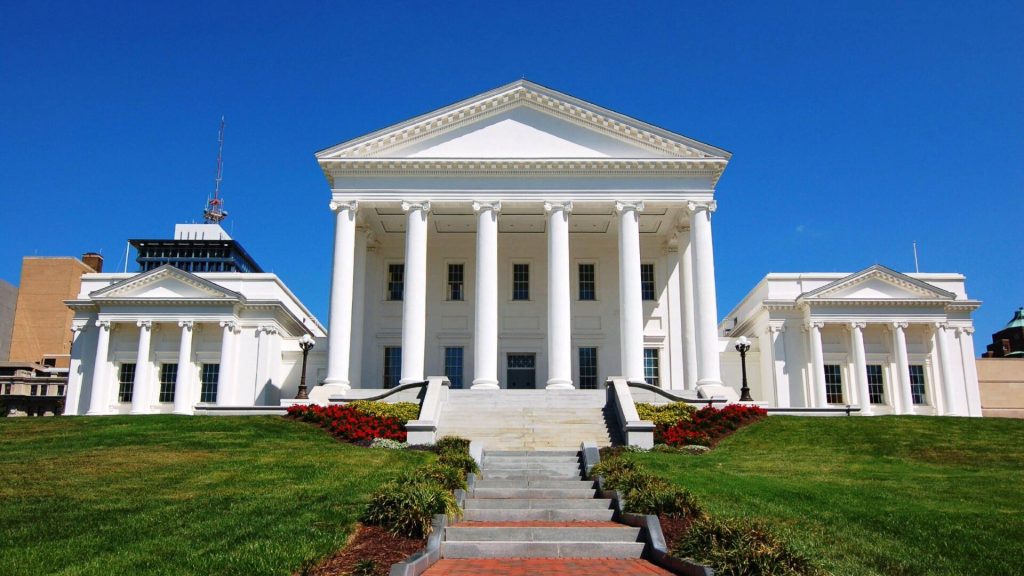
Currently, these organizations are considered tax-free, thanks to their status as a special-interest group. The bill was passed to attempt to bring Virginia into the modern age and embrace its position in the Commonwealth.
Who Are The United Daughters of the Confederacy?
This organization was founded in 1894 in Tennessee and is a female-only organization that seeks to ensure that Confederate monuments remain standing. Originally, the organization was dedicated to preserving the memory of the Confederate cause.
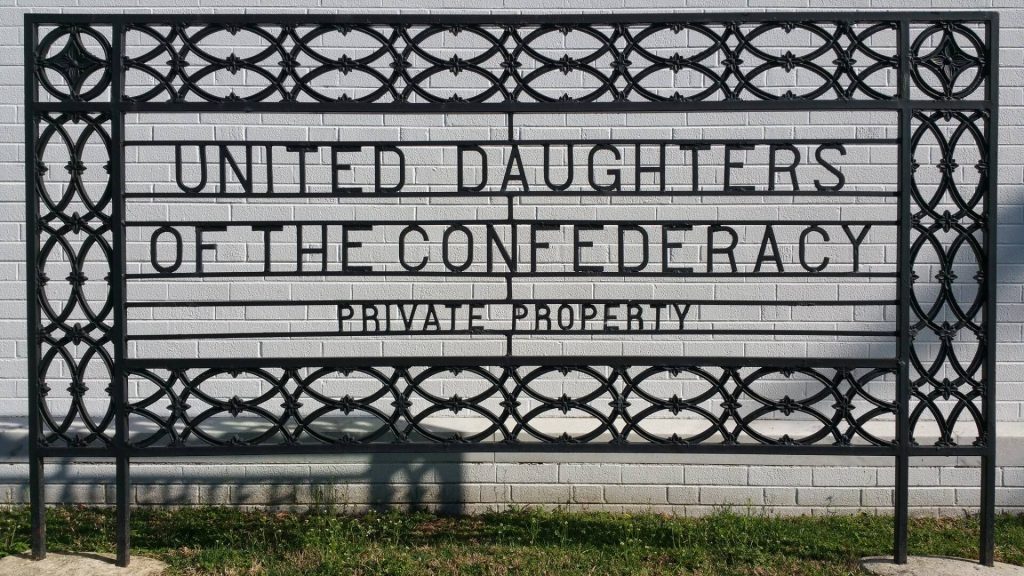
In modern times, the organization has gotten a sinister reputation for revisionist history. They have also been accused of and linked with white supremacy. Virginia’s attempt to revoke their tax-free status shows that the State does not take these transgressions lightly.
Crying Foul and Persecution
Representatives of TUDC have come out in opposition to the legislation. According to them, the removal of these protections for their institution is a sign of persecution because they don’t abide by the social sensitivity of the current day.

One member went so far as to call the legislation persecution of the cause. She insists that the families of former Confederate soldiers should not be persecuted simply because they lost the war to the Union army. Anyone who’s aware of the organization’s current position on things knows this is a smokescreen.
Privy To Certain Tax Protections
TUDC has been the beneficiary of several tax exemptions from the State of Virginia. Usually, the exemptions would be applied to organizations such as churches, government structures, and nonprofit hospitals.

Under the new legislation, TUDC stands to lose those protections. Based on the amount of property the organization owns, it may be liable to pay a hefty tax bill. Virginia’s decision wasn’t taken lightly and is a signal to other Confederate organizations of its intent.
Promoting The “Lost Cause” Narrative
What makes TUDC stand out as an activist organization is its constant push for the acceptance of a debunked revisionist theory about the Civil War. Most modern scholars accept that the war was based on slavery, and that institution formed a core part of why the war was fought.
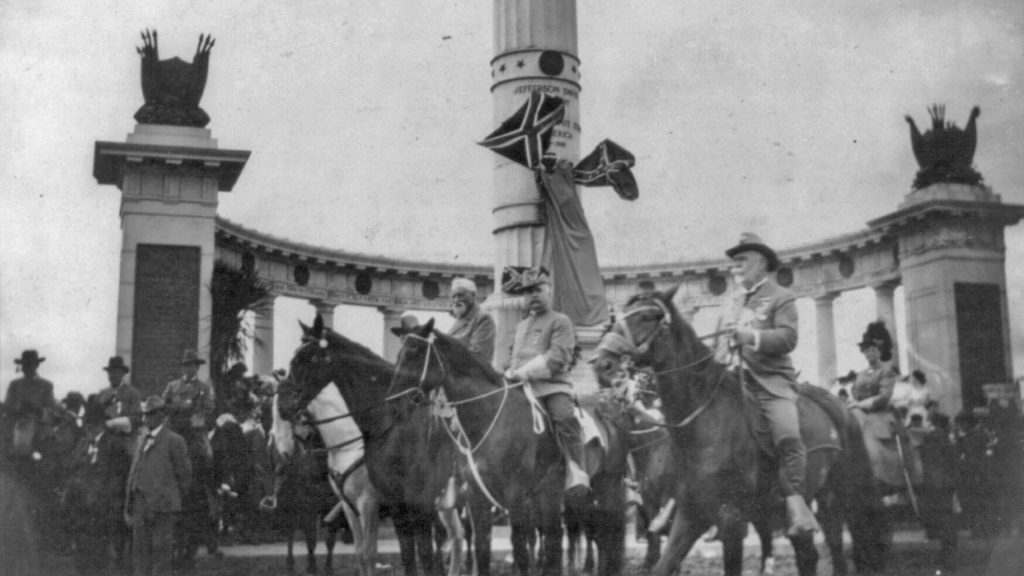
TUDC contends that slavery wasn’t the core reason for the war. Instead, they push what’s known as the “Lost Cause” narrative for the Confederate defeat. The TUDC insists that the defeat was due to overwhelming numbers from the North and casts the defeat in the best possible light.
Slavery Revisionism Forms Part Of the Mission
While painting the Civil War as a lost cause isn’t such a bad thing, the denial of slavery as the main factor that sparked the conflict is terrible. However, it’s the “Lost Cause” approach to South antebellum slavery that rankles the most for many people.

According to the TUDC and other organizations that support the “Lost Cause” narrative, slavery in the South was neither brutal nor unfair. This narrative has been used to promote violence and racial hatred in the South, and organizations like the TUDC prop it up through their outreach.
Virginia Is Putting Its Foot Down
Delegate Alex Askew (D-Virginia Beach) stated that the Senate passed the bill because it doesn’t want to be associated with the revisionist history promoted by the TUDC and other organizations like it. Instead, it wants to move on and embrace the present rather than living for the past.

Askew notes that they know how invested the TUDC is in the “Lost Cause” narrative, and the State wants to have no part in supporting that. He said that Virginia is under no obligation to support the narrative in its tax code, and the new bill addresses this.
TUDC Planned To Erect Several Confederate Monuments
In keeping with its goals of keeping the idea of the confederacy alive, TUDC was aiming to put up a few new Confederate monuments. The last Confederate monument that was erected went up soon after the Civil War, but the timing of this building project wasn’t an accident.
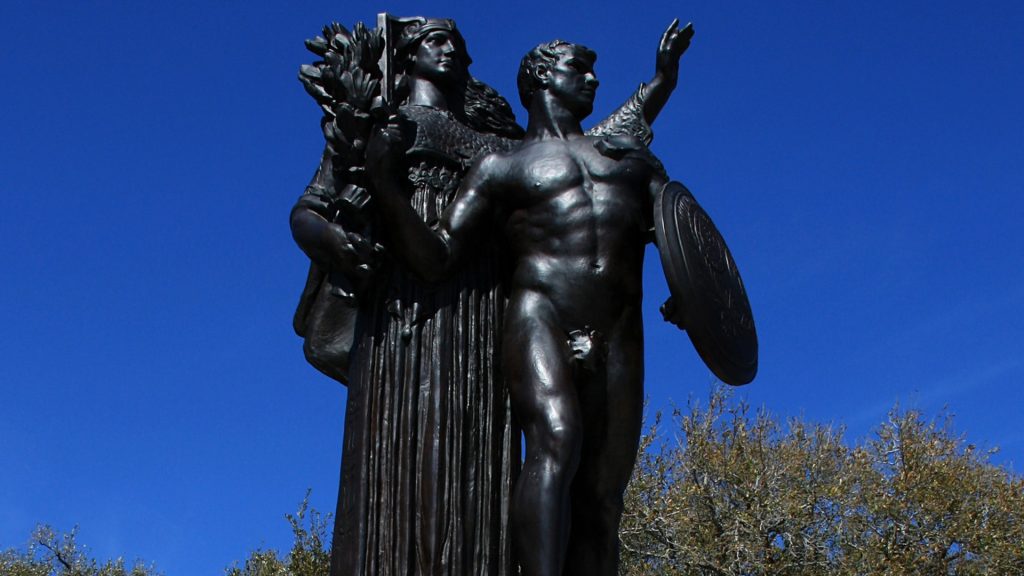
Monuments such as these carry a heavy shadow of racism since they stand for a time when Jim Crow laws existed. These laws were an institutional method of oppressing an entire race of people. The TUDC is considered a dangerous organization for the rhetoric it pushes in its revisionism of history.
Racism Is Still a Huge Issue in the South
While Jim Crow laws have more or less been removed from the statute books, organizations like the TUDC have continued to promote things that divide people rather than unite them. Virginia’s lawmakers are tired of this reputation that Confederate organizations are giving the state.

TUDC is only one of the Confederate organizations that will be hit with increased taxes after the bill passes. Other organizations are not as well-known, but they are just as angry about the legislation. Many people have come out in opposition to the bill.
Historically Tied Together
The real history of the Civil War demonstrates why these Southern States (specifically their lawmakers) were so deeply involved with organizations like the TUDC. The members of these organizations came from well-off Southern families who had family members fighting for the Southern cause.

When the South lost the war, these families banded together to preserve the life they had before the war. Lawmakers in these states were closely associated with these well-off families and helped the survivors promote their interests, such as preserving monuments and their pre-war way of life.
Race Relations In The South Have Been Improving
Mistrust in the South between racial groups has taken much longer to overcome than in other parts of the country. Part of the reason is groups like the TUDC. Their focus on rewriting the historical facts to better represent their ancestors has caused many people to latch onto their cause.

Unfortunately, it has also led to increased racial violence in Southern states. Violence in the South has dropped since the 50s but still maintains a significantly higher level than other places. Modern politics is helping to smooth over the racial divide and offer concessions to those injured by the violence.
Confederate Monuments Still Loom Over The Present
The debate over Confederate monuments has been ongoing. Many in the South see them as reminders of racism and the pre-Emancipation era. Several of them have already been torn down in protest, with calls for many more to be torn down.
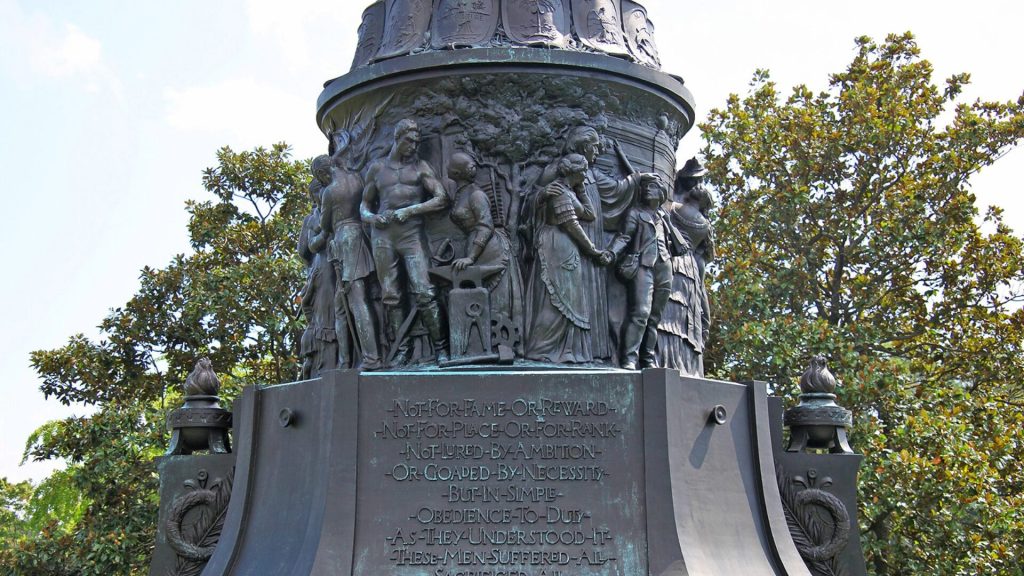
The monuments are not the problem, but what they stand for is. By removing the protections that organizations like TUDC have, Virginia is telling the world that it won’t stand for racist organizations and their ideology.
The Fight Against Progress
Confederate organizations are fighting to keep hold of a time when certain social mores were acceptable. As society progresses and becomes more accepting and welcoming to different racial and ideological groups, these Confederate organizations feel threatened.
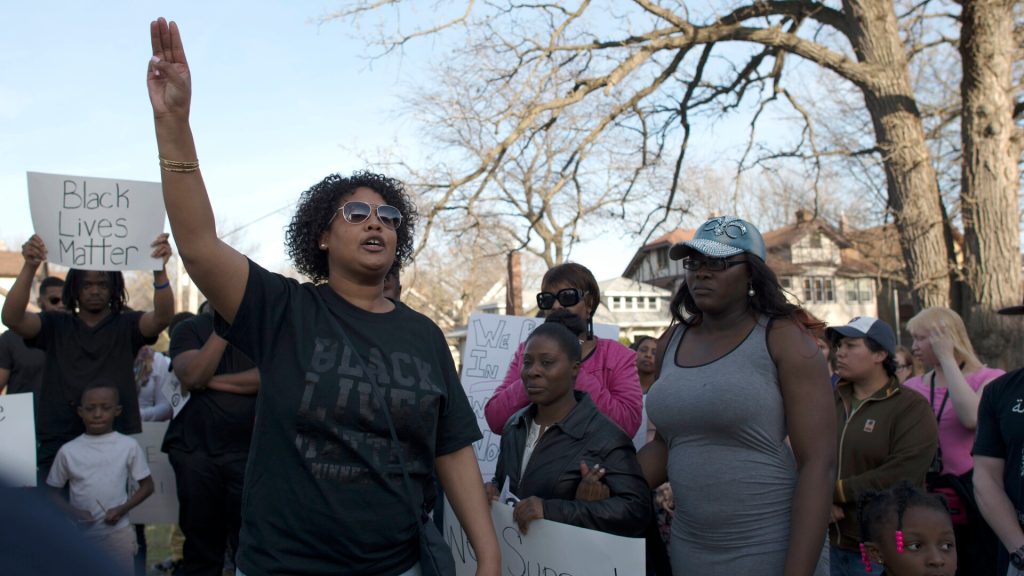
Many belonging to the movement may not have had relatives who fought for the Confederate cause. Instead, they joined because the ideology that they get from these organizations agrees with their worldview.
Recent Events Have Highlighted Racism Is Not Yet Dead in America
The US has gone through one of the most divisive periods in its history. The Trump administration made it easy for hate groups and other radical elements to spout whatever rhetoric they wanted.

Demonstrations against racial unity and integration seemed to show up almost all the time in the news. Trump’s tacit support of racist groups in the South exacerbated the problem and made it all the more difficult for individual states to combat.
Not Even The Most Racist States
Much of the reputation that Southern states have for being racist is unearned in 2024. While there are significant cohorts of the population that do support organizations like the TUDC, many of these states don’t show deeply rooted racism.
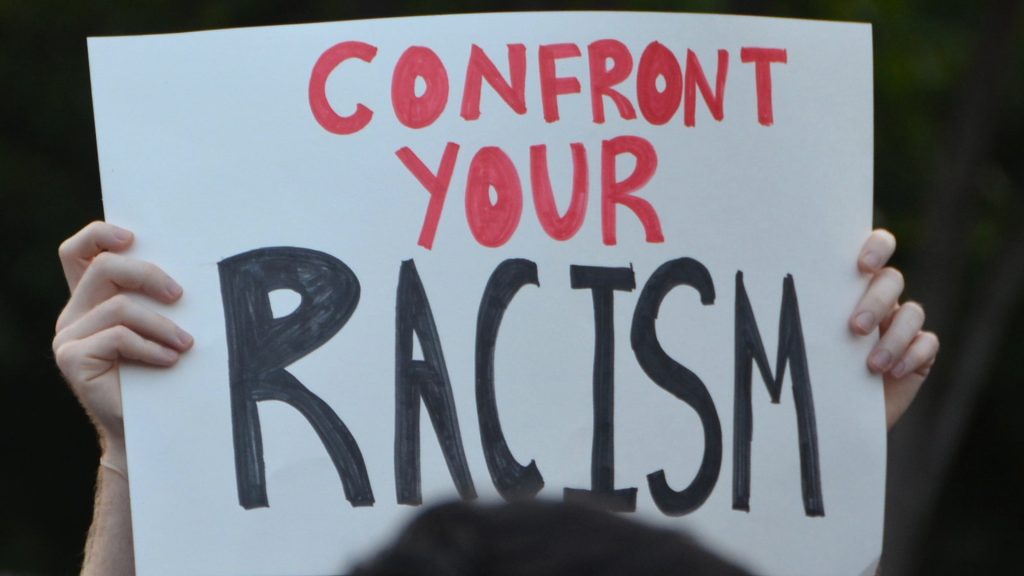
Many of the Southern states have moved away from their racist roots and have become more egalitarian, embracing diversity in a big way. Of course, it doesn’t appeal to certain members of the public in these locations. The change rubs many people who live in these states the wrong way.
Holding Onto a Fading Way of Life
The majority of the members of these organizations are trying very hard to avoid change that is sweeping all around them. As their governments and states march into the Twenty-First Century, they worry they will lose touch with their past. Even if that past is unpalatable.

Since 2016, many of the fights about Confederate monuments and their meanings are not about the parties supporting them. Many State governments have accepted that aligning with Confederate organizations is not in their best interest.
Political Alignment Matters for Confederate Organizations
Politically, many of the members of these Confederate organizations are Republican. Around the nation, around half of Americans see the Confederate flag as a sign of Southern Pride, not racism. However, 87% of Republicans see the Confederate flag the same way.
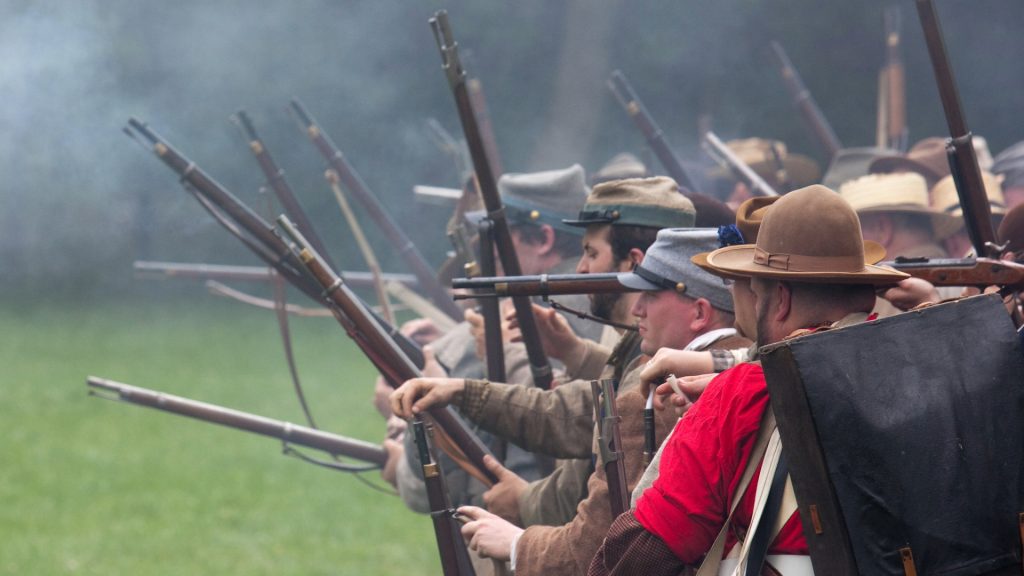
A poll done in 2023 shows that Republicans are heavily worried about the status of white Americans in the US. An unsurprising 61% of Republicans are willing to accept the US declaring itself as a “white Christian nation.”
For Some History, For Some Hate
Just like there’s a divide in how people see the Confederate flag, there’s a divide in how they recognize Confederate pride. For some, monuments erected and maintained by the TUDC show off pride in the South and the preservation of their culture and history. But that doesn’t discount the rhetoric the organization uses.

There’s no question that the narrative TUDC chooses to promote harms race relations in the South. Many other organizations consider TUDC a racist hate institution. Preserving monuments is entirely different from rewriting history and promoting racist ideology. Losing their tax-exempt status is a move in the right direction.
Bringing The State Into The Twenty-First Century
Virginia’s lawmakers have some work still to do before they can get this bill passed and start showing the rest of the country they’re serious about combatting racist organizations. For now, the bill, and another one that addresses similar organizations, has gotten past the lower house.

There is still a bit of debate to go before it makes it to Governor Youngkin’s desk. The final decision on whether to sign the bill lies with him, but it’s unlikely he will veto it. Despite being a Republican, he knows how important this is for the State’s image. For TUDC and other organizations, the writing is on the wall.





